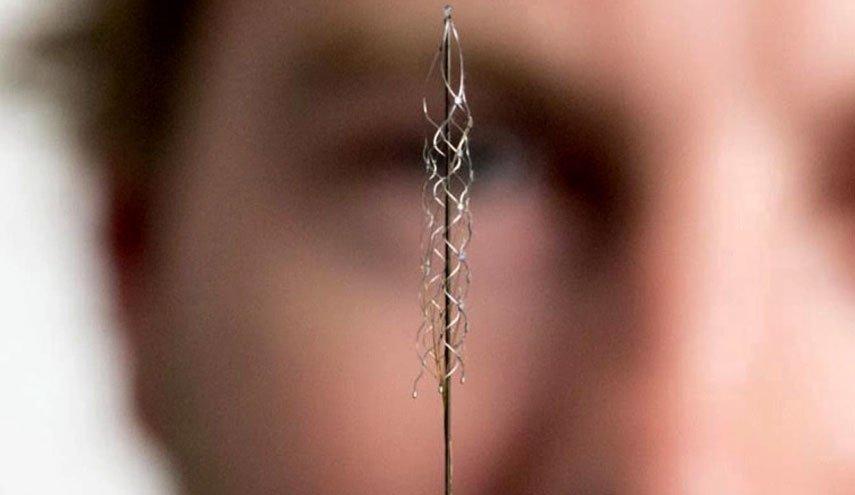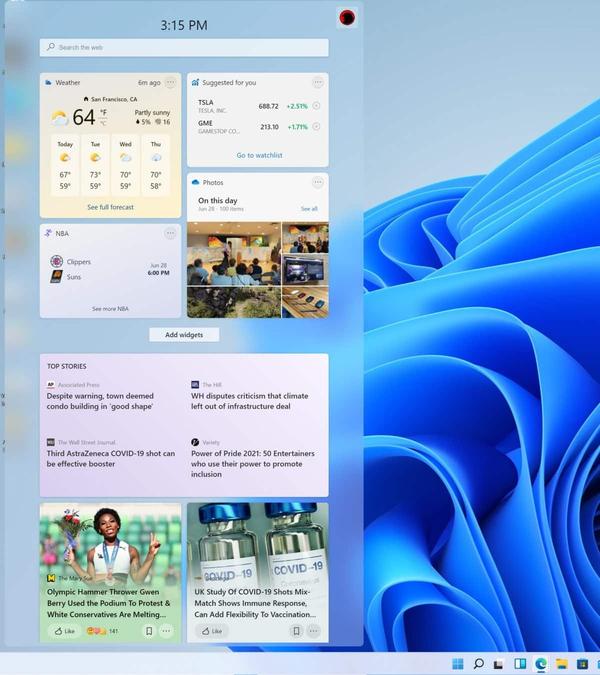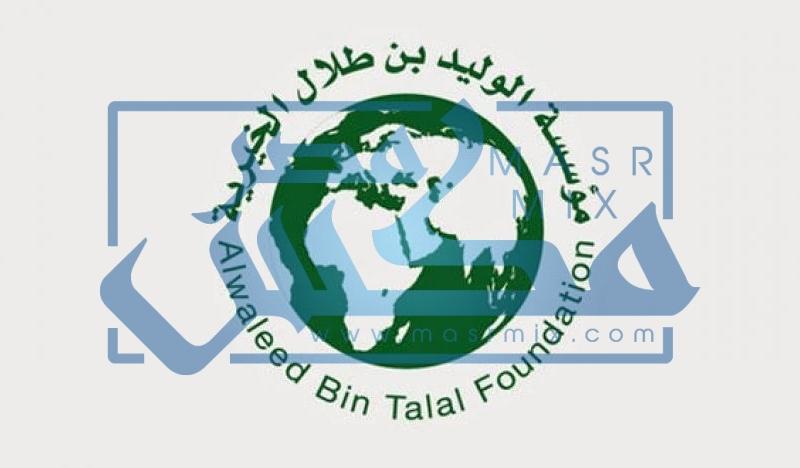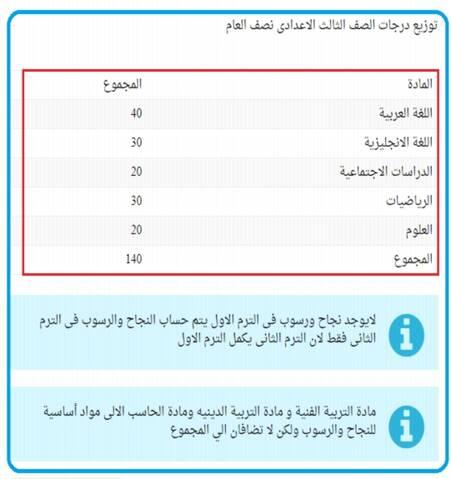After the financial collapse in Lebanon, will Bitcoin succeed as an alternative to the pound?
Lebanon is experiencing a severe economic crisis after successive governments accumulated debts in the wake of the civil war that raged between 1975 and 1990, without achieving any achievements with this wasteful spending. Even before the devastating explosion in the port of Beirut in 2020, Lebanon was going through a deep economic crisis. Since then, the hard-earned savings have continued to lose value every day. It has paralyzed banks, which are central to the service-based economy.
Savings owners were unable to withdraw their money after the crisis between them and their hard currency accounts, or they were told that the money they could withdraw from now was no longer worth only a small part of its original value. The Lebanese currency collapsed, pushing a large segment of the population into the ranks of the poor.
This is why so many Lebanese put their hope in the digital world. Whether they are police officers, bakers or students – many invest in cryptocurrencies like Bitcoin and seek safety in a system that only a few people understand.
“Actually, everyone buys from me: students, middle-income people, the rich," says Mario Awad. Everyone wants to invest in cryptocurrencies.” Mario is a cryptocurrency trader who has been in the field for five years and gives people access to Bitcoin and other cryptocurrencies. Currencies are traded as files if you will. What distinguishes it is that it is stored in a decentralized manner. Do not store in large banks. Its promoters see this property as a huge advantage.
Mario adds: “Sometimes my cell phone rings in the middle of the night. Of course I don't respond to it then. But the demand is huge. People want to buy every day. The time does not matter.”
The reason for this is simple, the Lebanese pound has lost a huge amount of its value within a year. On average, you now have to put in more than three times as much money to buy a product as you did a year ago. Consequently, a large part of the population has difficulty finding the most essential products for daily life.
"Exchange rate problem"
Henry Saul, a financial expert specializing in the banking system in Lebanon, is convinced that the main problem is that the exchange rate between the Lebanese pound and the US dollar has been fixed for a long time. He adds: “In this way, people maintained a lifestyle that they would not have been able to sustain without this system. During the crisis, when more payments into the country from abroad were suddenly stopped, the system simply stopped working. Then the banks closed, people wanted to withdraw their savings – but because the banks had no reserves, the system collapsed.”
Bitcoin does not need banks or governments, which is why it is needed. The acceptance and discovery of cryptocurrencies became for some Lebanese, similar to the mood that prevailed with people crowding over the places to discover gold.
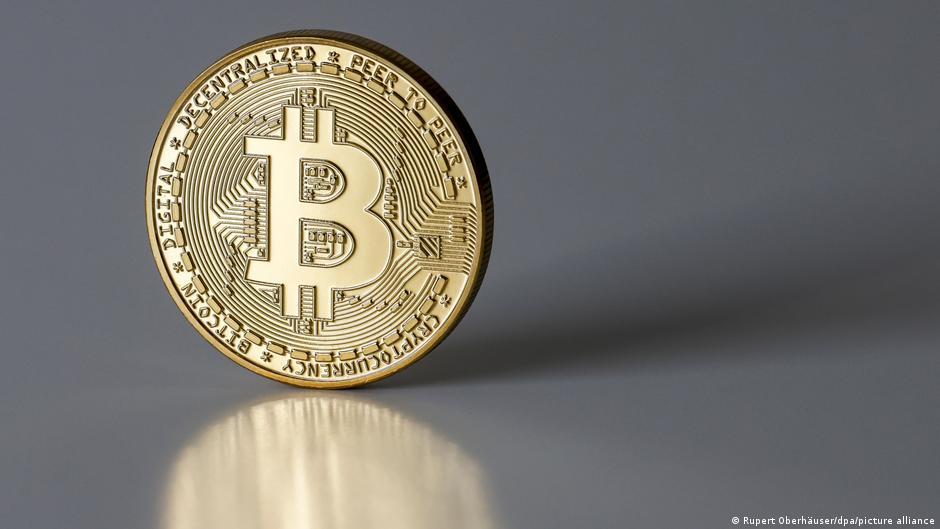
This is confirmed by the Lebanese citizen Bassam Saadeh. He says in this regard: “Since the crisis, people here have been taking more risks. So sometimes they make bad decisions or take too many risks. Or they have completely exaggerated hopes with Bitcoin without really understanding the risks.” Bassam has previously lost his money. The 36-year-old first bought bitcoin in 2015. At the time, he just wanted to try something. Not because of the crisis, but because he is always interested in new things. “At that time I was still dealing with some seventeen-year-olds who came by motorbikes. I had a large sum of money. I felt it was illegal.”
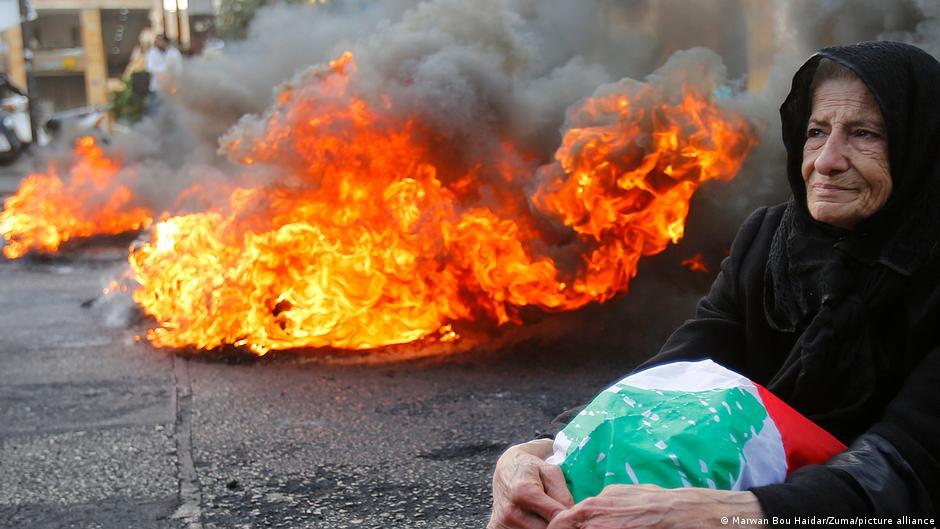
Bitcoin is a real alternative to the Lebanese pound?
For Bassam, bitcoin is a real alternative to the Lebanese pound. This is not just a distant dream. After the 2019 protests, banks introduced capital controls. They made withdrawing and transferring dollars impossible. Today, you can only withdraw your savings in Lebanon in pounds, with strict monthly restrictions and at a fixed rate.
Bassam adds: “If you had US dollars in your account before the crisis, the funds are now frozen. We call it “Lollar” and it is “Lebanese Dollar”. It has no value anymore. When you have money in your hands, it is real dollars. So a dollar for a dollar.”
The only thing that matters is "real" US dollars in cash. The ones you have access to. For which you can still get reasonably cheap goods in everyday life.
Bassam adds: “Cryptocurrencies mean real dollars. Money is not stored in the Lebanese financial system. It is present all over the world. You can trade it and buy electronic devices with it. Even a gold trader here takes money from cryptocurrencies. And you can get it. It is sold on the black market. So cryptocurrencies are real money, a kind of cash.”
Cryptocurrency mining exacerbates the crisis in Lebanon
Paradoxically, however, the boom in the market for Bitcoin and other cryptocurrencies is exacerbating the crisis in Lebanon, simply because you can produce cryptocurrencies yourself. In the so-called “mining”, the computer solves complex computational tasks and thus participates in the mining of money. But computers that are very powerful and cooled also use a very large amount of electricity. Lebanon has one of the lowest electricity prices in the world - because the state pays a large part of the bill. Many Lebanese bitcoin miners are draining the country's already overburdened electrical power grid.
For many Lebanese, daily life is difficult and the future is unknown. They are trying to save what can be saved.
Bassam notes that people believe that “worst times are coming in the future. You can either put your money under your bed, invest in cryptocurrencies, or buy gold.”
Both Bassam and Mario Awad doubt whether cryptocurrencies are really the solution to Lebanon's financial crisis. But cryptocurrencies offer at least some hope. This is what a lot of people in Lebanon are looking for a lot right now - and also in the digital world.
Adapted translation: Time of Badri

